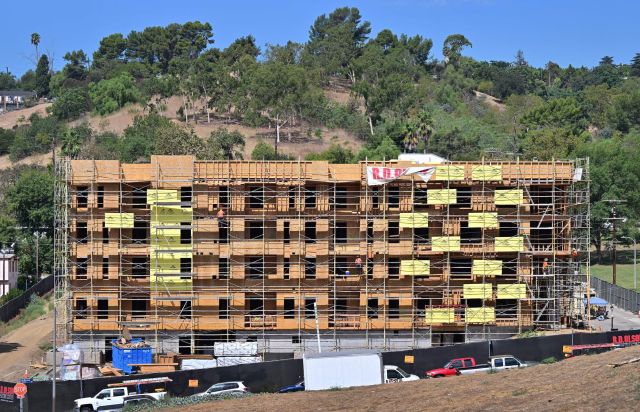
Mark Parrell
CEO and president at Equity Residential

Since becoming its chief executive in 2019, Mark Parrell has led Equity Residential through some rapidly shifting and otherwise volatile housing markets to steadily expand the apartment giant’s reach in high-growth, low-supply cities.
The Chicago-based firm owns 319 properties with 86,422 multifamily units spread among coastal bookends like Southern California, New York, San Francisco and Washington, D.C., as well as growing positions in Denver, Atlanta, Dallas and Austin.
“Fewer and fewer residents are moving out to buy homes,” Parrell said in the firm’s second-quarter earnings calls. “And as we and other operators often prioritize occupancy and renewal rate management … that is more uncertain than usual for residents and landlords.”
In the past 12 to 18 months, Equity has leaned into its expansion in markets where it expects supply to continue to decline while recycling capital. In August 2024, the company put down a whopping $964 million to acquire 11 apartment communities from Blackstone, adding 3,572 units to its books.
That momentum continued into 2025 with the $534 million acquisition of eight more properties with 2,064 units. However, the firm also significantly reduced its full-year acquisition target, down to $1 billion from $1.5 billion. At its investor day in February, the firm reported $4.3 billion of development activity in the past decade, with 10 projects underway or in lease-up valued together at about $1.3 billion.
Under Parrell’s leadership, Equity continues to balance growth in choppy waters. In the second quarter this year, the company reported a near 97 percent occupancy rate, driven by San Francisco, of all places, and the East Coast markets.
Equity also completed developments with a combined 945 units in San Francisco, Denver and New York in the first half of 2025.
“We continue to see … above-trend revenue growth in future years as likely given the large apartment supply decline, the expensive and unavailable single-family-
owned housing market, and societal trends favoring rentership,” Parrell said. “We’re already seeing strong revenue results in places like New York City and Downtown San Francisco, where supply has already abated.”











